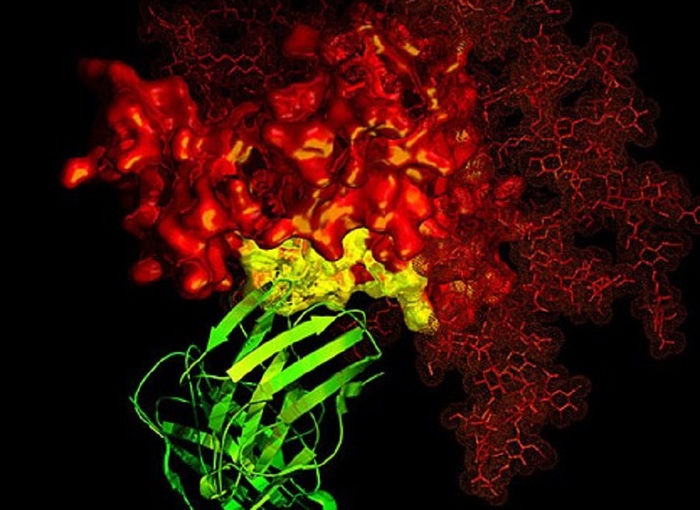In Italy, the molecular tools for constructing structures in the world of the infinitely small have been developed: they are antibodies successfully tested on synthetic DNA bricks and which pave the way for the possibility of obtaining future drugs. Described in the journal Nature Communications, antibodies have been obtained at the University of Rome Tor Vergata.
"The project started two years ago, when we realized that the extraordinary and regulated mechanism by which antibodies respond to external agents of various kinds could be used in the field of bio-nanotechnologies", notes Francesco Ricci, head of the Biosensor and Nanomachinery Laboratory . Antibodies are in fact proteins produced by the body in response to the presence of foreign or potentially dangerous substances, with the task of recognizing them and eliminating them by activating the immune system.
"Our idea - he adds - was therefore to exploit antibodies as molecular tools to guide the construction of DNA nanostructures". The researchers used synthetic DNA bricks "designed to bind to each other to form tubular structures, that is, nanotubes - explains the first author, Simona Ranallo - and so that the assembly of these structures was promoted by the presence of antibodies , we introduced in these units recognition elements (antigens) specific for the antibodies of interest, so that only when the specific antibody is present in the sample does the formation of the nanotubes begin ".
The researchers were able not only to assemble DNA nanotubes, but, says Ricci "we have taken a further step forward, even managing to 'dismantle' these nanostructures with a different antibody". This strategy concludes "shows that it is possible to design intelligent nanostructures capable of forming and destroying themselves in the presence of a specific marker and therefore could have potential applications in the biomedical, diagnostic and therapeutic fields"

